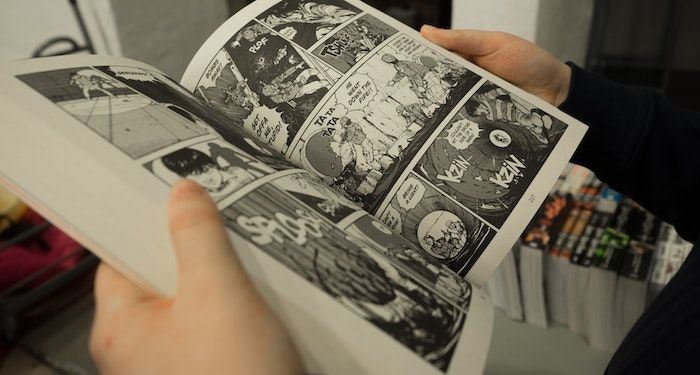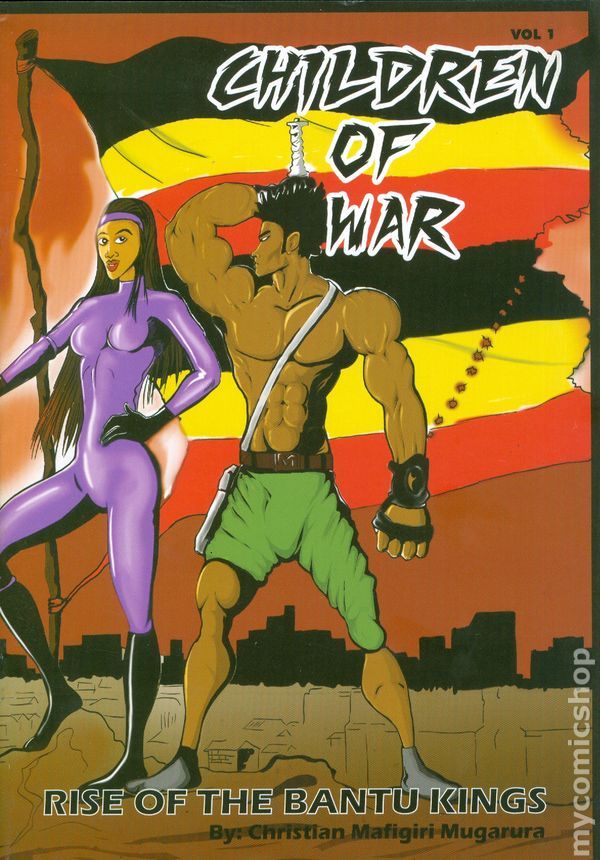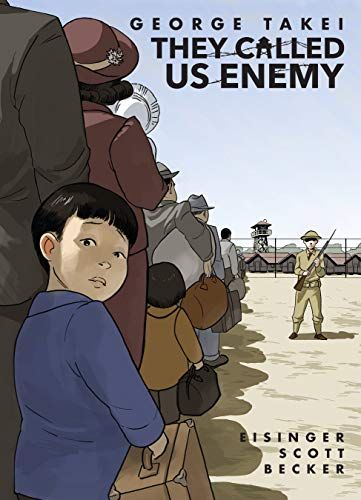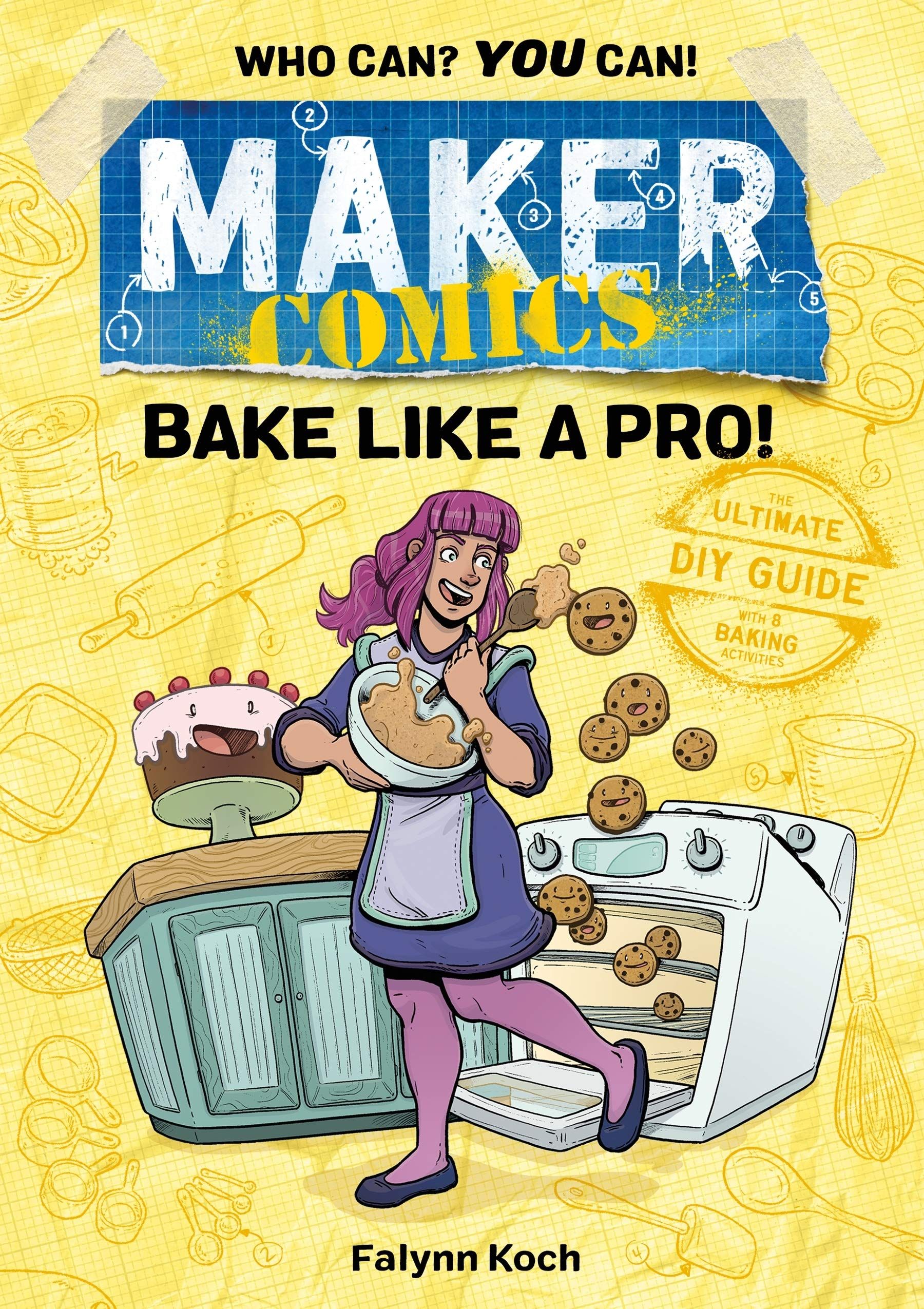History has always been a popular jumping off point for comics, from enhanced lecture-style texts to creative nonfiction interpretations and memoir to more interpretively inclined retellings. Each genre has something to teach us about the past and the people who lived in it, who influenced events, and were changed by them.
U: Uganda
Children of War: Rise of the Bantu Kingsby Chris Mugarura
Though Children of War is set in the future, author Chris Mugarura draws on Ugandan history for his tale of twins from an ancient bloodline seeking to free Africa’s United States Confederate Provinces from the grip of a dictator who has been in power for five decades. The author, who has a degree in communications, has been self-publishing comics for several years after finding that traditional publishers were more interested in text-only work which Mugarara feels excludes large sectors of the population from accessing their own history and current events. He hopes to bring a wider understanding of past and present, thus facilitating change y bringing comics to a larger audience.
V: Vietnam
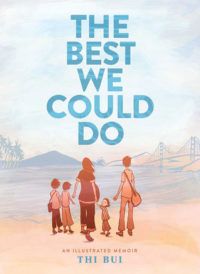
The Best We Could Do: An Illustrated Memoir by Thi Bui
Thi Bui’s family escaped from Vietnam in the ’70s, but leaving war behind didn’t mean life was suddenly easy. A child herself at the time, Bui understood how difficult displacement was, how hard immigration made things large and small. But until she had children of her own, she wasn’t aware of all the tiny day to day sacrifices her parents made to ensure she found a place in their new world. We know a lot about the war from an American perspective, but our high school and college classes didn’t cover the points of view of the thousands whose lives were destroyed by the American presence, who had to rebuild from nothing in new places where the landscape and language were completely different, and how those experiences echoed down through the generations.
W: Warhol, Andy
Andy: The Life and Times of Andy Warhol by Typex
Look, I live in Pittsburgh which means I’m contractually obligated to include Warhol as my “W” whenever possible. Also, I used to be an art snob, but Warhol changed my mind.
While I still giggle about some modern art because my cat really could do that, the fact of the matter is, it is simultaneously true that anything can be art and that work that isn’t to my taste may be a masterpiece to the person standing next to me, and I don’t get to judge. The most important lesson I learned from Andy Warhol is that no one else gets to be anyone else’s arbiter of taste; that has made me accepting of not only a wider range of other people’s taste, but also more accepting of my own and more willing to stand up for what I like when other people poo-poo it. I am more comfortable in my body and my clothes and my hair and my makeup in my 40s than I was in my 20s or 30s and I owe some of that, and my decreasing number of fucks, to this gent right here.
X: Xenophobia
They Called Us Enemy by George Takei, Justin Elsinger, Steven Scott, Harmony Becker
There was a time we might have thought xenophobia was behind the majority of Americans. Turns out we were wrong. I wish a reminder of the harm the government caused was enough to mobilize Congress to stop what was happening now. If it were, children wouldn’t be separated from their parents and women wouldn’t be sterilized against their will. People wouldn’t be disappearing into the dark.
It isn’t enough to remind them, but at least it reminded us. It mobilized us. That doesn’t mean we stop fighting though. There’s still a lot of work to be done, so grab a copy of They Called Us Enemy. Read it. When you finish, pass it to a friend or a loved one or even a complete stranger. Tell them to do the same.
The people in the dark are still depending on us.
Y: Yoruba
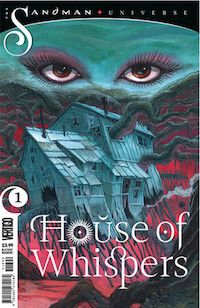
House of Whispers by Nalo Hopkinson and Domo Stanton
Though not a monolith, Yoruba practices originated primarily in the southwestern part of Nigeria as well as the adjoining parts of Lagos, Benin, and Togo. Those practices were brought to the New World, primarily via the transportation of slaves, where they encountered and fused with other religions and evolved into religions like Santeria and Vodou.
Hopkinson uses the Haitian descended versions of Yoruba gods, or loa, in House of Whispers, focusing on Erzulie and Shakpana. The former was associated with water and the feminine, love and beauty. The latter was the god of infectious disease and plague.
Z: Zest
Maker Comics: Bake Like a Pro by Falynn Koch
Okay, hear me out: most of us use recipes when we bake because it is a truth universally known that while cooking is an art, baking is a science—and if you mess with science, you end up with inedible hockey pucks or explosions in your oven.
There are, however, ratios and formulas one can learn that will allow you to bake with, if not the freedom with which you cook, then at least with a great deal more than you can when chained to a cookbook. These ratios and formulas have been calculated with great care throughout the ages after what I am sure were many messy, and even some downright disgusting, failures so let us give thanks to those who came before and respect also the measurements for the zest of various citrus fruits they have also worked out for us (there’s a recipe for lemon meringue pie in Bake Like a Pro, so…).
Whew. X and Z were tough this round. Where to next, friends?
